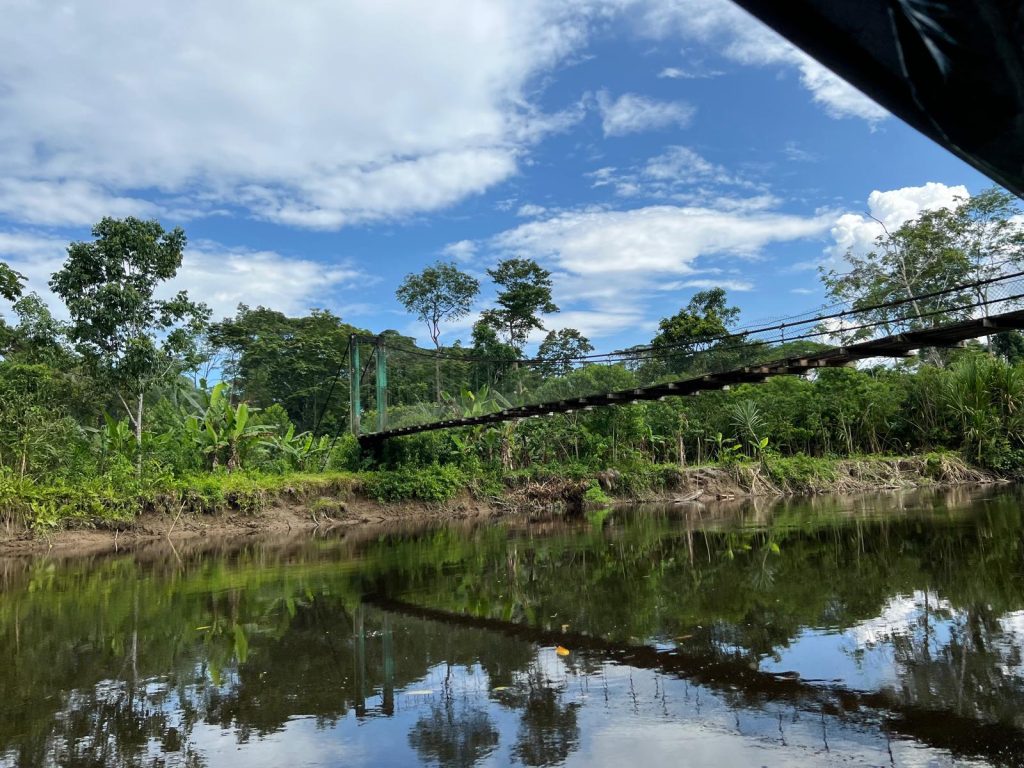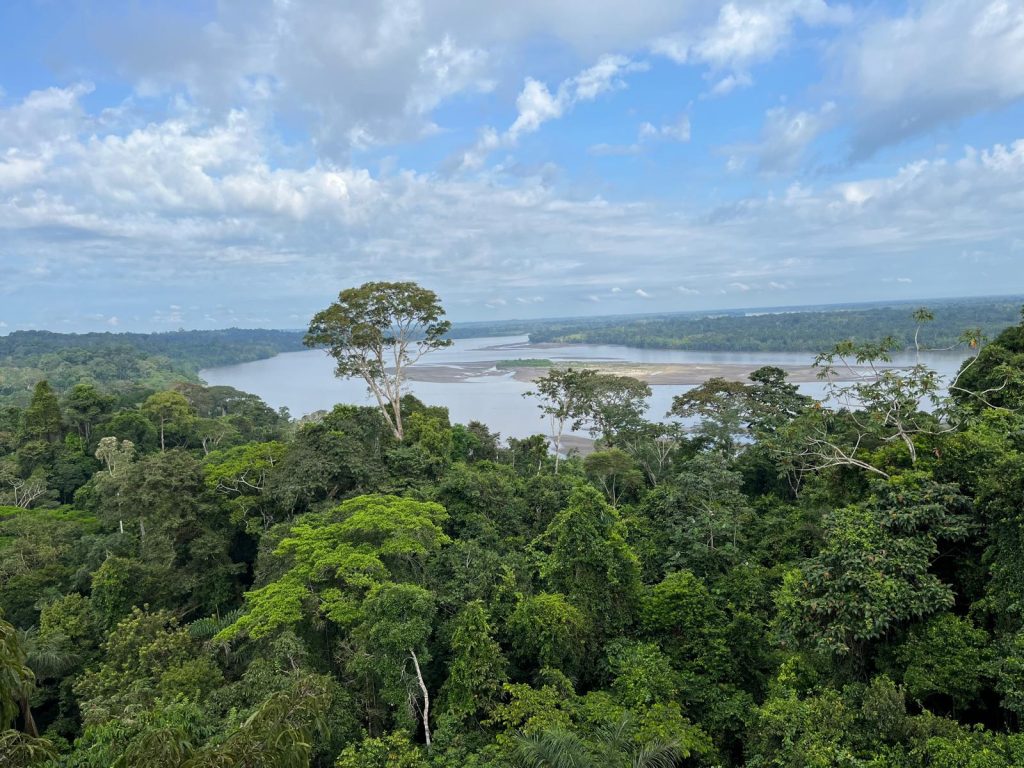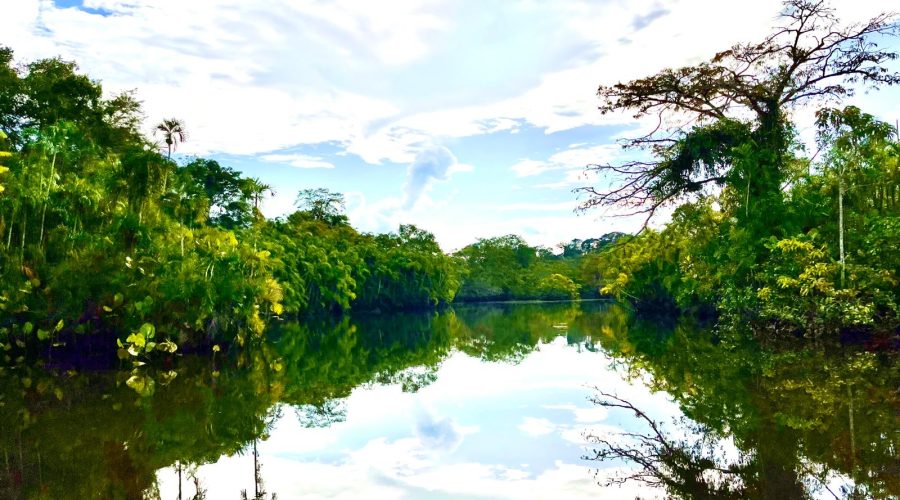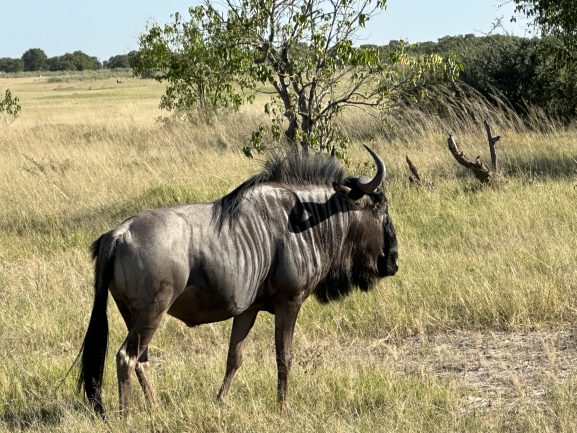Yasuni National Park
Yasuni National Park is a pristine and biodiverse nature reserve located in the Ecuadorian Amazon rainforest. It covers an area of around 9,820 square kilometers (3,791 square miles) and is renowned for its remarkable ecological significance. Yasuni is considered one of the most biologically diverse places on Earth, home to an astonishing array of plant and animal species.

The park’s dense rainforest is inhabited by numerous indigenous communities, and it harbors an estimated 150 amphibian and reptile species, 550 bird species, and over 200 mammal species, including jaguars, tapirs, giant anteaters, and many primate species such as howler monkeys and squirrel monkeys. Yasuni National Park also supports a diverse ecosystem of plants, including an estimated 2,500 tree species.
What makes Yasuni particularly remarkable is its high level of endemism, meaning it houses species that are found nowhere else on the planet. For instance, the park is home to the Yasuni poison frog, which is endemic to the region. This biodiversity hotspot also includes the Waorani people, an indigenous group that has lived in harmony with the forest for generations.

Yasuni National Park faces threats from oil extraction and deforestation, which have the potential to disrupt its delicate ecological balance. Conservation efforts and international attention have been focused on preserving this unique ecosystem, recognizing its immense value in terms of biodiversity, indigenous cultures, and global climate regulation.
Nature enthusiasts will appreciate the park’s diverse ecosystems. Yasuni boasts an incredible variety of plant life, including towering trees, vibrant orchids, and exotic medicinal plants. Exploring the park’s rivers and lagoons by canoe or kayak allows you to witness the aquatic wonders, spot caimans, river dolphins, and even try your hand at fishing.

For a unique cultural experience, interacting with the indigenous communities within Yasuni National Park is highly recommended. The Waorani people, among others, welcome visitors to learn about their rich traditions, customs, and deep connection to the rainforest. Engaging with their way of life provides a deeper understanding of the symbiotic relationship between humans and nature.
Visitors have the opportunity to explore the park through guided tours and excursions led by knowledgeable local guides. You can embark on thrilling jungle hikes, venturing deep into the lush vegetation while encountering fascinating wildlife along the way. Keep your eyes peeled for colorful birds, monkeys swinging through the trees, and maybe even catch a glimpse of elusive jungle cats like jaguars or ocelots.



